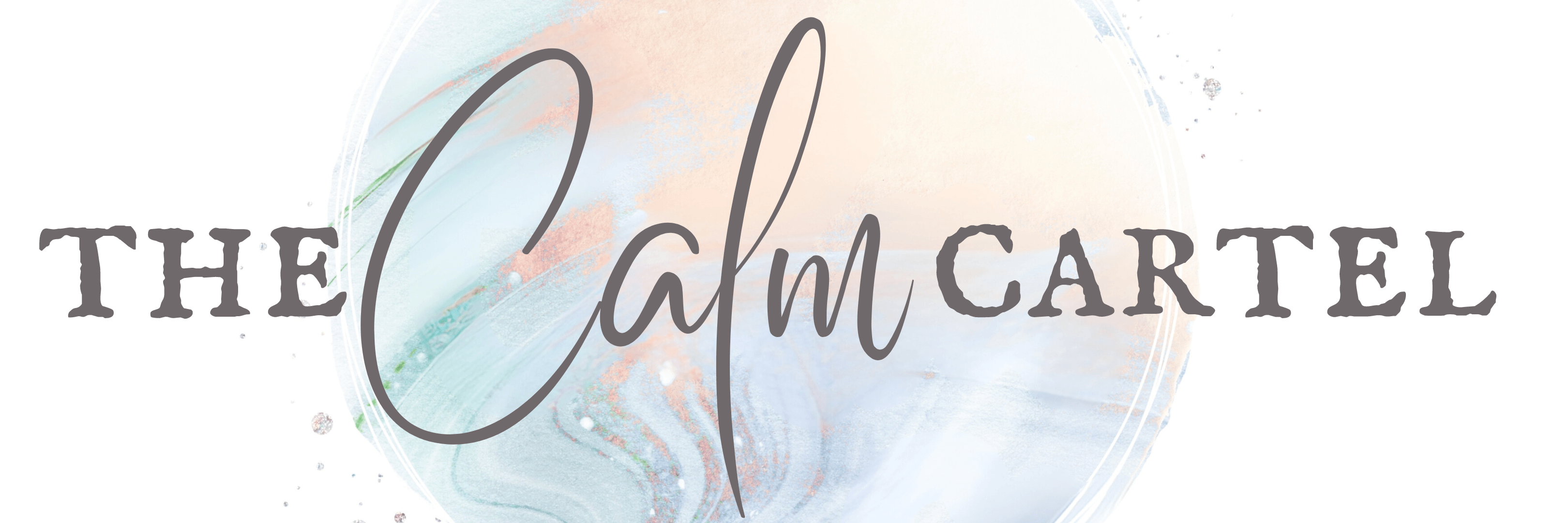
Protein 101: the basics and benefits for better mental health
What is Protein?
Protein is one of the three essential macronutrients that our bodies need (the others are fats and carbohydrates).
Proteins are made up of chemicals called amino acids, which are often called ‘the building blocks of life’. After you eat a food that contains protein it is broken down as it travels through your digestive system and split up into separate amino acids, which are then absorbed into the bloodstream and taken to the liver.
There are 20 amino acids in total – 12 of these your body can make itself, but the other 8 you need to get from your diet – these amino acids are known as the ‘essential amino acids’ (because they’re essential to get through your food).
Why do we need protein?
The amino acids found in the protein foods you eat are needed for the cells of the body to grow and repair. They are also needed for building and maintaining muscle.
Amino acids are also the building blocks of a range of other compounds in the body and are needed to make:
- Enzymes – that aid digestion and metabolism
- Hormones – insulin and growth hormones are protein based
- Antibodies – are proteins that are important components of your immune system
- Transport proteins – move oxygen around the body and nutrients into your cells
Why is protein important for mental health?
Protein is super important for your mental health, and for the normal, healthy functioning of your nervous system.
It comes back to those amino acid building blocks again. The amino acids derived from the protein you eat is needed for your body to make neurotransmitters – the chemical messengers in the brain like serotonin, dopamine, and noradrenaline. These neurotransmitters regulate your mood, your emotions, and your cognitive functions.
Not getting enough protein in your diet can lead to imbalances in these neurotransmitters, potentially contributing to mental health conditions such as anxiety and depression.
Which foods contain protein?
Protein is found in lots of different foods – mainly in animal products like:
- Red meat (beef, pork, lamb, veal)
- Poultry (chicken, turkey, duck)
- Fish
- Eggs
- Dairy products (yoghurt, cheese, milk)
But there are non-animal sources of protein too like:
- Nuts
- Beans
- Legumes
- Seeds
- Tofu
How much protein do you need?
There’s lots of theories out there, and differing ideas of ideal ratios depending on what your goals are – weight loss, weight gain, muscle building, etc
But I find a good general point to start at (which is also pretty easy to work out) is to aim for 1g of protein per 1kg of bodyweight.
So – say you weigh 75kg – you’re going to be aiming to eat 75g of protein every day.
Now – that that doesn’t mean you eat 75g of a protein-containing food like chicken breast for example, that means you’re eating 75g of pure protein – which if you wanted to get all from chicken breast (which I don’t really recommend) is about the equivalent of 245g of chicken breast.
Try not to cram all your protein into one meal. It is best to spread out your protein intake throughout the day, and consume some protein within every meal and snack that you eat.
How much protein are you getting?
Before you go off and super-size your protein servings – try and work out where your protein intake is right now.
I like to do this by keeping a diet diary to track what I’m eating and when.
But if that’s a bit much right now – start by thinking about what you ate yesterday – feel free to write it down or wing it.
Then use a website like Calorie King to help you work out the protein content of the foods you’ve eaten through the day.
Tally the numbers up and see where you’re at.
Are you anywhere near the 1g per 1kg of body weight ratio? Are you eating most of your protein early in the day? Or at night? Where could you add some more protein into your meals or snacks?
Let me know in the comments, or shoot me an email if you need some advice or want some ideas on how to up your protein game.
xx



Add A Comment